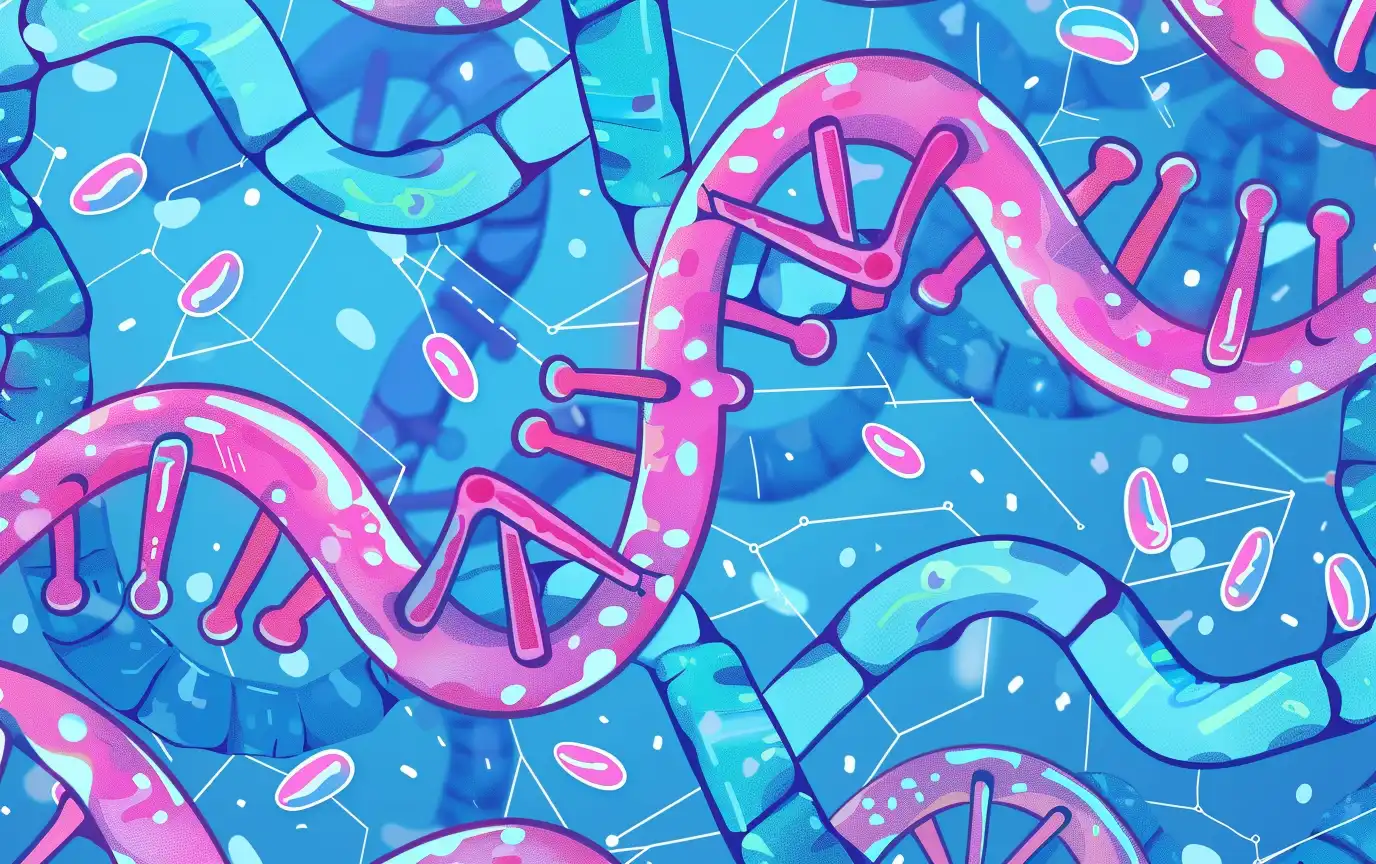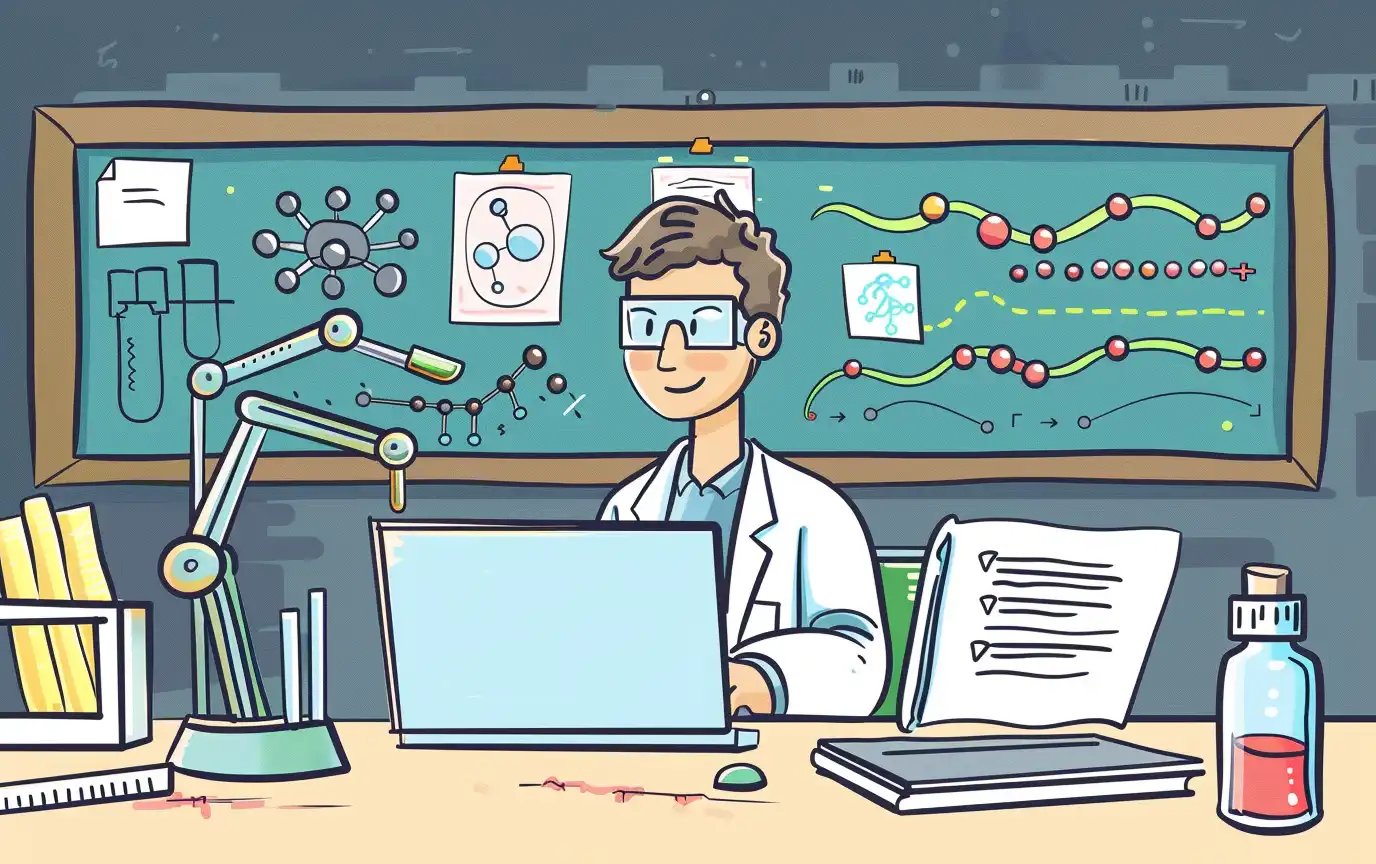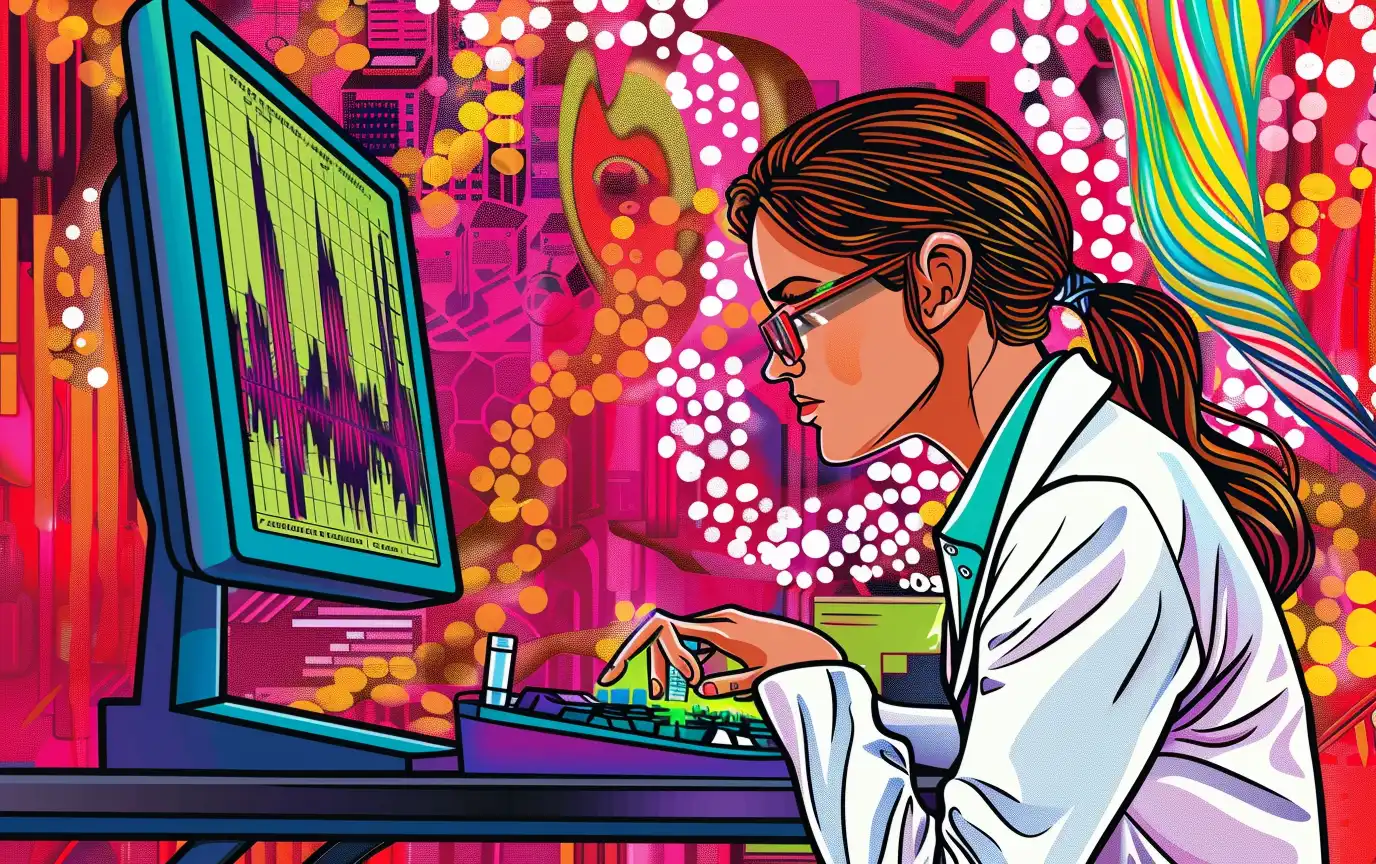
Subscribe Here and Stay Up to Date
July 14, 2024


The emergence of bioinformatics as a career path has created a bridge between the worlds of biology and data science. This interdisciplinary field utilizes computational tools and algorithms to understand and interpret biological data. With the increasing availability of large genomic datasets, this career path is fast gaining momentum, promising a future filled with opportunities to contribute to revolutionary changes in healthcare and medical research.
Bioinformatics is a multidisciplinary field that combines biology, computer science, and statistics to analyze and interpret complex biological data. It involves the development and application of computational tools and techniques for managing, analyzing, and visualizing these data sets. This can include genomic sequence data, protein structures, and biological pathways. It plays a pivotal role in areas like functional genomics, structural genomics, and bioinformatics databases.
Professionals in this field are often called bioinformaticians. They work in various sectors, including healthcare, pharmaceuticals, academia, and biotechnology companies. Their work is crucial in drug discovery and development, personalized medicine, and in understanding and treating diseases. With the explosion of biological data, the demand for skilled bioinformaticians is on a steep rise.

To become a bioinformatician, a strong background in biology and a solid understanding of computer science are essential. Most professionals in this field have a master's or a Ph.D. in bioinformatics, computational biology, or a related field. It is also critical to have a good grasp of mathematics and statistics as these are the foundational tools used in data analysis. Programming skills in languages such as Python, R, or Java are also beneficial. Bioinformatics requires a good understanding of machine learning algorithms and data structures. Being comfortable with databases and having a knack for problem-solving is also an asset in this field. Soft skills such as communication and teamwork are equally important as bioinformaticians often work in multidisciplinary teams.

A career in bioinformatics can be incredibly diverse, with opportunities in many sectors. Bioinformaticians can work in academia, conducting research and teaching the next generation of scientists. They can work in the pharmaceutical and biotech industries, developing new drugs and therapies. Opportunities also exist in healthcare, where bioinformaticians use their skills to personalize medicine and improve patient care. The government and non-profit organizations also offer roles in public health and policy.
The field of bioinformatics, like any other, comes with its own set of challenges. These include handling massive amounts of data, the need for continuous learning due to the rapidly evolving nature of both biology and data science, and the necessity of interdisciplinary collaboration. However, these challenges also present opportunities for innovative problem-solving, technological advancement, and significant contributions to improving human health.
In conclusion, bioinformatics is a rapidly growing field that offers promising career opportunities for those interested in a multidisciplinary approach to science. By bridging biology and data science, bioinformatics is at the forefront of revolutionizing healthcare and medical research, making it an exciting career path to consider for future scientists.